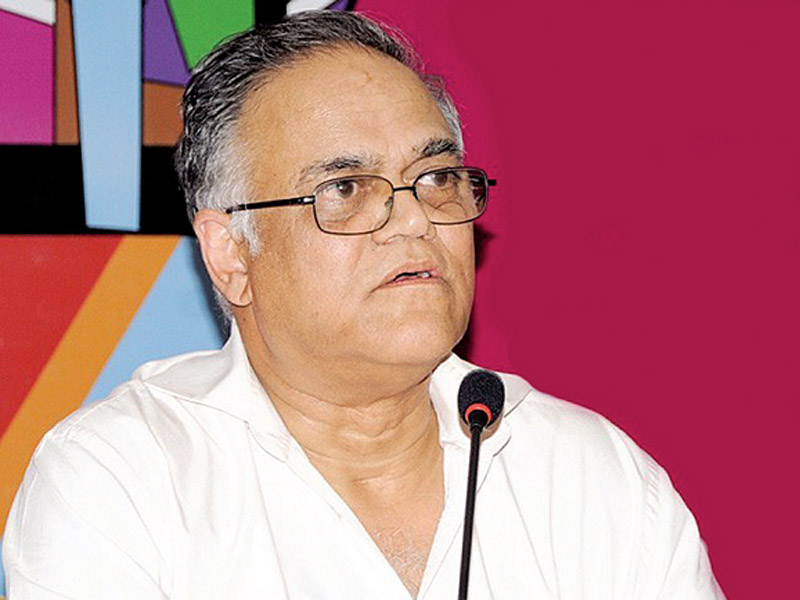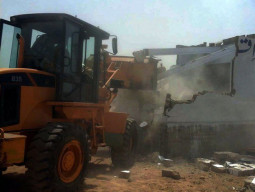
After three prominent figures spoke of what was wrong and bad about Pakistan, the former senator and federal minister, Javed Jabbar, did just the opposite.
Yes he did start off with how Pakistan is an ailing state and no one, not even children, were unaware of how terrible the situation in the country is. But then the speaker chose to uplift the mood of the seminar, ‘Saving an Ailing State’, organised by the Pakistan Women’s Foundation for Peace at the Marriott hotel on Saturday.
“The global indexes that rank the country at a low level are not accurately reflective. When foreigners come to the country, they say this is not how they had imagined Pakistan to be,” said Jabbar.
For him, the question was not how to save the state but rather, how to heal it. “We are nowhere near extinction that we have to save it,” he added. “In episodes of crime and barbarism, there is resilience to Pakistan.”
At the macro level, the economy is ailing, he pointed out. “But altogether, this is a 200-trillion-dollar economy,” he said. “If the situation is so bad, why are multinationals doing well, not only in Karachi, but also in Hyderabad, Faisalabad and other smaller cities as well.”
Jabbar also spoke about the laws against domestic violence, sexual harassment of women at workplace, and the most recent to be added to the list, the law against child marriage. “If there is violence today, no one is celebrating violence or terrorism. In fact, there is a sense of togetherness.”
Jabbar said Pakistan was born in insecurity and its people are still insecure. “When we came in, our neighbour, Afghanistan, did not recognise us as a country and India was hostile on the issue of Kashmir as well as other issues.”
Jabbar even discussed the positive role of the civil society, saying that though he disagrees with Imran Khan and his party on several issues, the Pakistan Tehreek-e-Insaf’s emergence is a phenomenal development, in which civil society played an important role.
Journalist and author Babar Ayaz conducted a detailed presentation on the current problems in the country and put forth the solutions to solve them. Ayaz believes that the country faces a trust deficit, as other countries such as Afghanistan, India, and America don’t trust Pakistan, and internally, the army does not trust the civilian government and the judiciary does not trust politicians. “We should stop interfering in other countries’ internal matters and start working on building a welfare state,” he suggested.
Former federal secretary Dr Akhtar Hasan Khan also referred to the economy of the country and said that currently there was no export of mineral resources taking place. Referring to the eras of Ayub and Zia, Khan said that the country’s GDP was higher and inflation was lower during military dictatorship as compared to civilian rule.
Journalist Ghazi Salauddin and former ambassador Najmuddin Shaikh also spoke on the occasion. PWFFP chairperson Nargis Rehman hosted the seminar.
Published in The Express Tribune, May 4th, 2014.


1719660634-1/BeFunky-collage-nicole-(1)1719660634-1-165x106.webp)

1732276540-0/kim-(10)1732276540-0-165x106.webp)












COMMENTS
Comments are moderated and generally will be posted if they are on-topic and not abusive.
For more information, please see our Comments FAQ